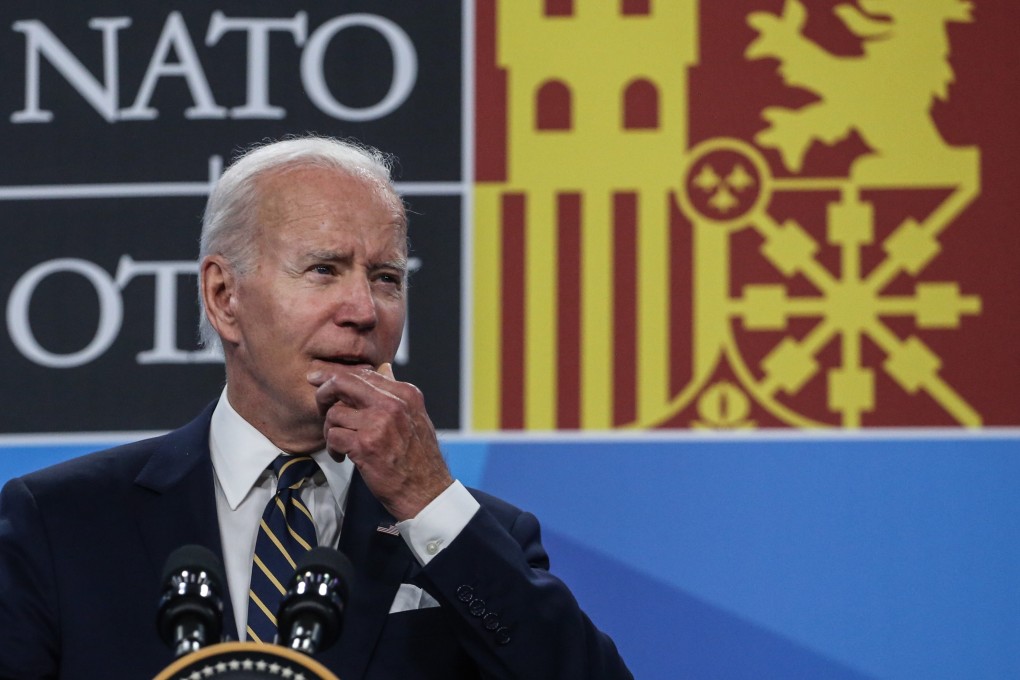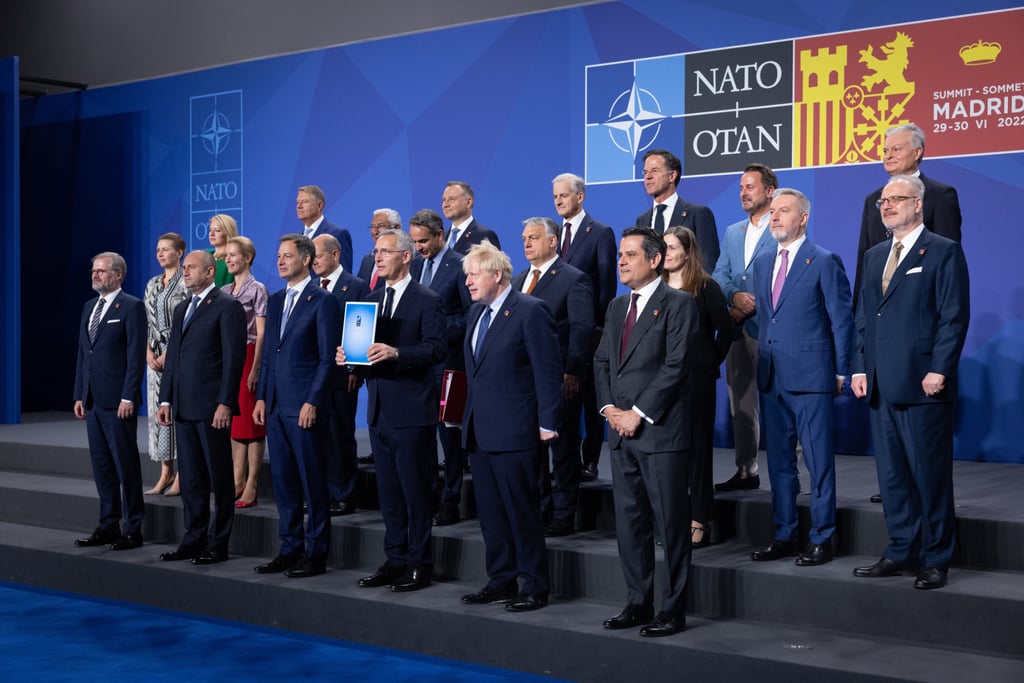Editorial | Nato’s sabre rattling over China will only increase tensions
- Keeping channels of communication open is seen as the best way to soothe concerns over perceived threats

The West’s military mindset in Asia and Europe will not solve perceived security risks. Yet that is what the United States and its allies have adopted towards China and Russia as solutions to claimed threats.
Nato, driven by founding member Washington’s rivalry with the two nations, has for the first time taken a unified stand against Beijing, labelling it a “systematic challenge” in its updated strategy document.
By taking such a position and ignoring communication and diplomacy, the alliance and its partners are exacerbating an increasingly tense geopolitical environment.
Nato accused China of “employing a broad range of political, economic and military tools to increase its global footprint and project power” and claimed it was not being transparent about intentions.

Beijing’s close relations with Moscow were criticised – it has failed to respond to Western demands to condemn Russia’s invasion of Ukraine, for which its companies now also face sanctions.
